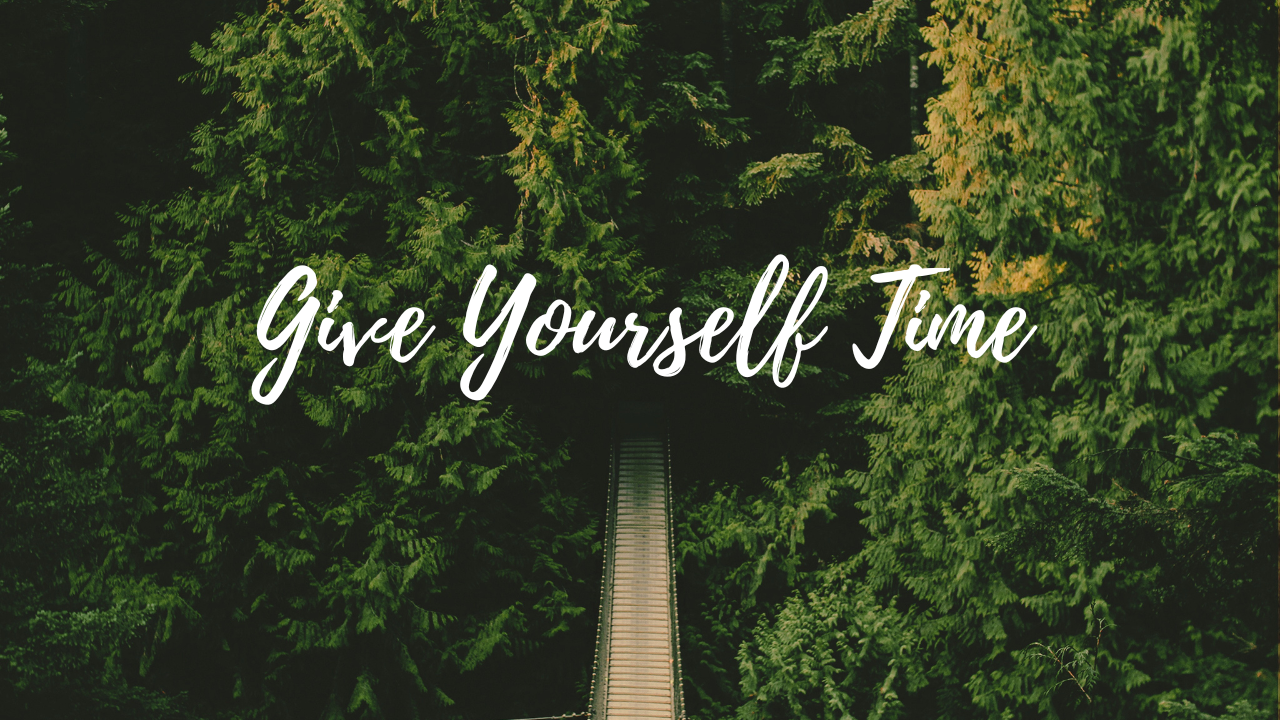Better Boundaries

Many of us struggle to set boundaries in our lives, whether it be with our friends, family members, or coworkers. This is because many of us have trouble understanding the true benefits of having healthy boundaries. At their core, boundaries are simply a way to take ownership of our own mental, physical and emotional well-being by setting limits on what we will and will not allow ourselves to be subjected to.
While establishing boundaries can seem intimidating at first, there are many ways that we can do so in a kind and compassionate manner. This will definitely be a challenging and maybe even messy process, as it will feel quite uncomfortable for you and others initially. You may not be used to communicating assertively, and others may not be used to you speaking up for yourself or saying "no" when you do not have the capacity to take on their request. One key mistake that many people make when trying to start setting boundaries is expecting others to immediately adapt to the new guidelines that you are putting in place for yourself. Instead, it is important to give yourself and others grace and understanding as you all adjust to this new way of being in your relationships.
Boundaries you establish for yourself may be adjusted over time, especially as your priorities shift. Relationships may change over time, circumstances change, and the way in which certain people respond to your boundaries may all be determining factors that cause you to either set a stronger or more flexible boundary. Try to set them graciously by using "I" statements to take accountability. Remember that we cannot control other people and how they respond, but that the purpose of setting boundaries is to better manage our time, protect our health, and is about what action we are taking. For example, setting a boundary around how we spend our time could sound like, "I can meet for coffee for one hour today." Or setting a boundary around communication: "I will leave if our discussion leads to raised voices and will return when I am clear-headed and calm."
In order to determine where you may need to establish a stronger or more flexible boundary, it is helpful to know the five major types of boundaries:
- Physical- How close in proximity you are comfortable being around others, who can use your personal belongings, physical touch, etc.
- Mental- Having thoughts, beliefs, and opinions that may differ from others but being okay with disagreement
- Time- How you choose to spend your time on various activities, which people you choose to spend time with, who gets the most access to your time, how you allow others to respect your time (responding to lateness),
- Emotional- Ceasing to engage in conversations if they become too triggering or damaging to the relationship (i.e. inability to agree to disagree), not taking on emotional burdens of others when you are aware you do not have the capacity to do so. Recognition that others' feelings are not your feelings and vice versa.
- Communication- What type of communication you will allow from others (i.e yelling, name calling, rude statements, etc), how you choose to speak to and about yourself.
If you notice that lately you have been investing too much time and energy in certain activities, with certain people, or ruminating on thoughts/negative self talk that is draining you mentally and physically, it may be time to do a check-in with yourself. You may need to establish boundaries using the list above to determine if you need to set a more firm boundary in certain areas of your life and relationships, or maybe even a more flexible boundary to make room for meaningful relationships and activities.
If you are struggling with setting boundaries for the first time, know that it is normal to feel hesitant or uncomfortable when making changes that challenge our usual ways of doing things. But with patience and persistence, we can learn how to take control of our lives and cultivate healthy relationships based on mutual respect and kindness. So go out there, set boundaries that work for you, and enjoy all the benefits that come along with embracing mental health, emotional well-being, and better boundaries!
Resources:
“Dr. Henry Cloud on Boundaries.” Coaching for Your Mental Health and Relationships, https://www.boundaries.me/blog.
Facebook, https://www.facebook.com/nawalmustafaofficial/posts/boundaries-are-our-own-personal-limits-on-how-people-can-treat-us-behave-around-/525207475508048/.
“Setting Boundaries Efficiently.” Psychology Today, Sussex Publishers, https://www.psychologytoday.com/us/blog/happy-healthy-relationships/202106/setting-boundaries-efficiently.
